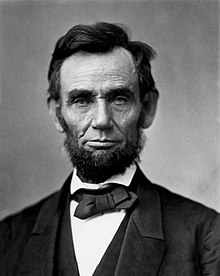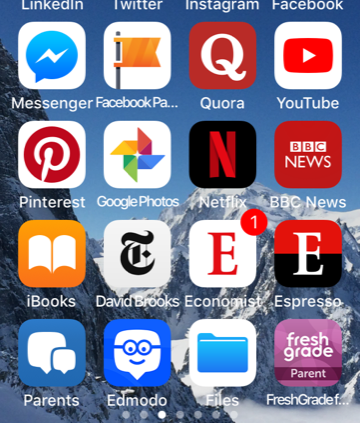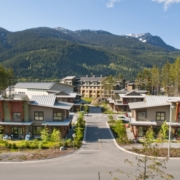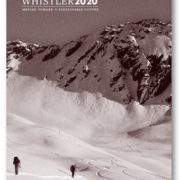Social Media and how it’s ruining politics
It’s a lot harder to say nasty things to people if you have to say it to them face to face.
Originally printed in the November 28th 2017 edition of the Whistler Question
In 1841 Abraham Lincoln, a masterful orator gave an address to the Temperance Society in his hometown of Springfield Illinois, he warned the crowd that that if they continued to denounce both sellers and drinkers of alcohol in “thundering tones of anathema and denunciation their  cause would accomplish nothing. He encouraged them to take the approach of an “erring man to an erring brother”, and reminded them that “a drop of honey catches more flies than a gallon of gall”. Lincoln was famous for being able to see both sides of any issue, and his leadership was masterful because of his incredible empathy towards his fellow man.
cause would accomplish nothing. He encouraged them to take the approach of an “erring man to an erring brother”, and reminded them that “a drop of honey catches more flies than a gallon of gall”. Lincoln was famous for being able to see both sides of any issue, and his leadership was masterful because of his incredible empathy towards his fellow man.
Even after the incredible cost and bloodshed of the civil war Lincoln used his second inaugural address to encourage a sympathetic understanding for the nation’s alienated southern citizens: “With malice toward none, with charity for all, with firmness in the right as God gives us to see the right, let us strive on to finish the work we are in, to bind up the nation’s wounds, to care for him who shall have borne the battle and for his widow and his orphan, to do all which may achieve and cherish a just and lasting peace, among ourselves, and with all nations.”
Currently this kind of understanding is in short supply, and the culprit could be social media. Most of us have, to some degree, an instinctual empathy towards others, yet according to Molly Crockett a PHD at Yale University social media’s influence may be enhancing social divisions and indifference to our fellow man.
In a paper “Moral outrage in the digital age” Dr. Crockett explains that because of the homophily inherent in social networks, people are only willing to share their views with people who already agree with them, so its’ difficult to see how we can overcome divisions, or move forward when confronted with contentious issues that require collaboration. On line discourse it turns out may not be the best way to come to understanding with people you disagree with, the reason is the reduced dimensionality of social media. It’s easy to type vitriol to a two dimensional avatar. It’s a lot harder to say nasty things to people if you have to say it to them face to face.
As a councillor I was a heavy user of social media from its infancy, it connected me to an audience that I never would have otherwise met, but it was incredibly inefficient, and left no room for nuance. I certainly endured some nauseating moments on social media, but in retrospect it seems pretty tame to the contemptuous commentary I see today. I’m so glad I don’t have to engage with social platforms as a councillor now. For a local politician the face to face contact is what you crave, it’s certainly the part of the job that I miss -epically the ski days talking politics. Lucky for you dear taxpayer it’s easy to access your local councillors, and in fact Jack Crompton and Jen Ford regularly host coffee talks with constituents.
Remember dear taxpayer it’s okay to have arguments, we all understand that most public issues involve trade-offs, and in most arguments, there are two partially true points of view. But rather than taking to twitter or freaking out on facebook, talk to someone, share a beer, a coffee or a few turns on the mountain, do something that activates the empathy which is essential for bridging political divides.
Ralph Forsyth is an entrepreneur and Ski Instructor, he served on Whistler Council from 2005 to 2011 He’s not the best skier on the mountain, but he’s got tremendous style.





